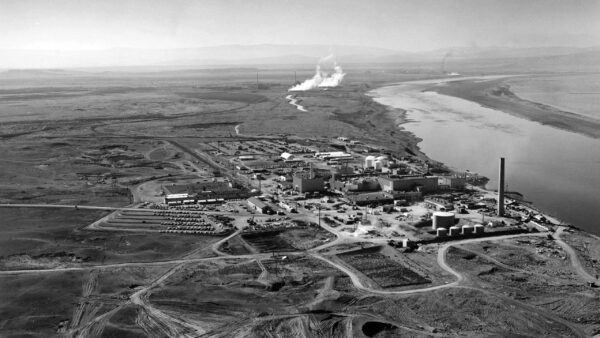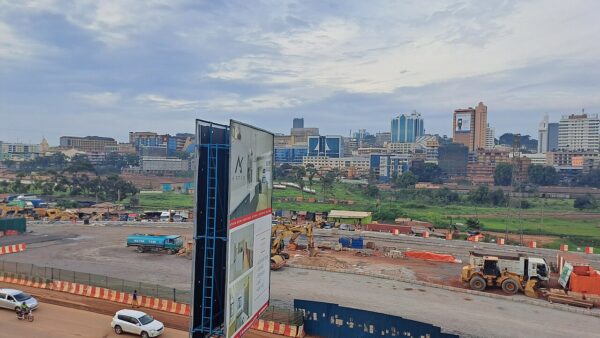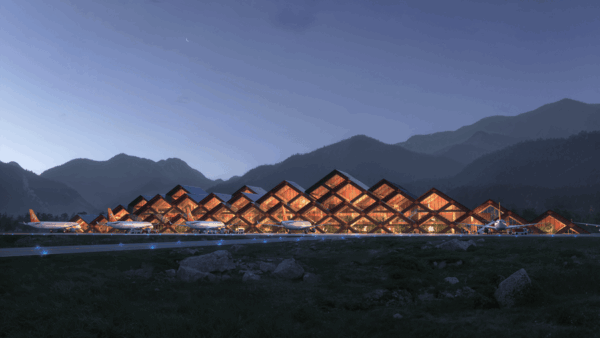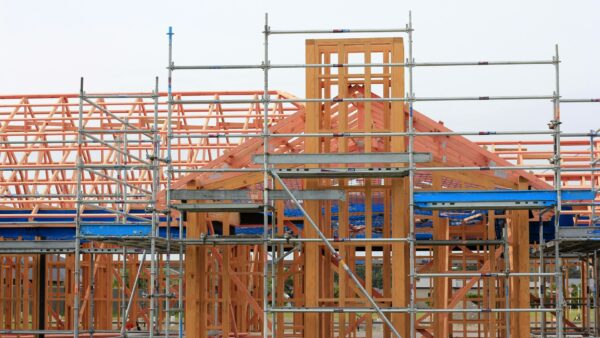The government of Taiwan has announced plans to build a $1.8bn extension to the southern terminus of its west-coast high-speed railway. The decision follows and earlier announcement that $1.1bn would be spent on renewing the system’s rolling stock.
Taiwanese prime minister Su Tseng-chang announced the plan to extend the line to Pingtung yesterday, during a visit to the city, which is the southwest of the island.
The announcement raised speculation that the project was intended to win votes in the south ahead of the presidential election in January. When he was asked about this, Su said: “This is demeaning to President Tsai and the premier of the cabinet, and is demeaning to the people of Pingtung and Taiwan.” The plan, he said, was not just a temporary gesture for the elections but was meant for the “coming centuries”.
The Nikkei Asian Review reports that Kaohsiung, the south’s largest city, is a bastion for Su’s Democratic Progressive Party. But the party was defeated in mayoral election last November.
The Taiwanese Railway Bureau said four routes were being considered for the extension, two of which would be on elevated tracks and two would be underground.
The least costly – and most likely – choice would be a 17.5km elevated extension from its current terminus at Kaohsiung’s Zuoying Station to a new station to the east.
Others advocate a more expensive option that offered greater connectivity. Taiwan News reports a comment by Kuomintang lawmaker Huang Chao-shun advocating a route “going through Kaohsiung Main Station to Pingtung, penetrating the city’s urban areas”. She said this would create a multi-station network in southern Taiwan and enhance the transportation efficiency of Kaohsiung.
The bullet train extension project will be handled by the Ministry of Transportation and train operator Taiwan High Speed Rail.
On Tuesday, the company’s shares shed nearly 3% on the Taiwan stock exchange over concerns remain that Pingtung’s low population – about 800,000 – would prove to be a drag on earnings.
Taiwan’s high-speed system began operations in 2007 using trainsets adapted from the Japan’s 700 series bullet trains, made by companies including Kawasaki Heavy Industries and Hitachi.
The extension is expected to take 10 years to complete
Image: Zuoying Station (Tai/CC BY 3.0)
Further reading:










